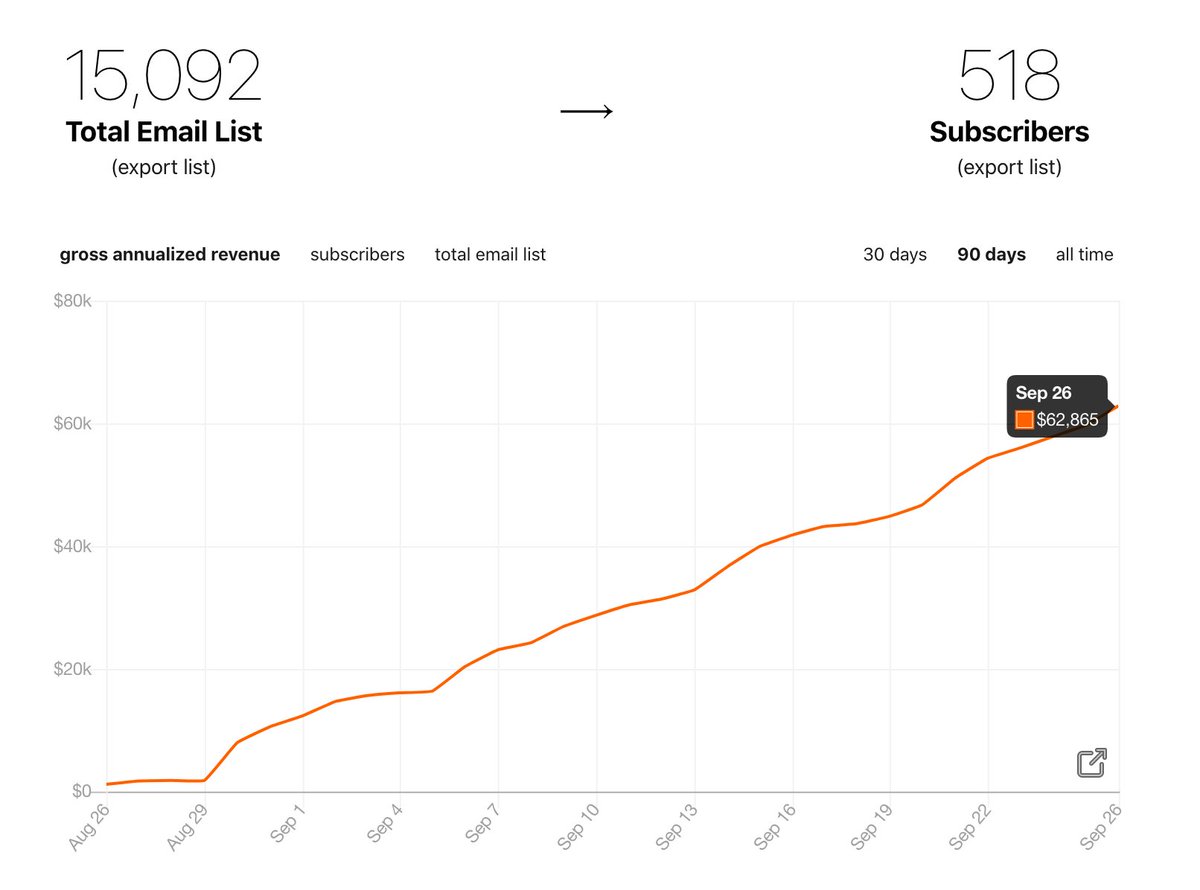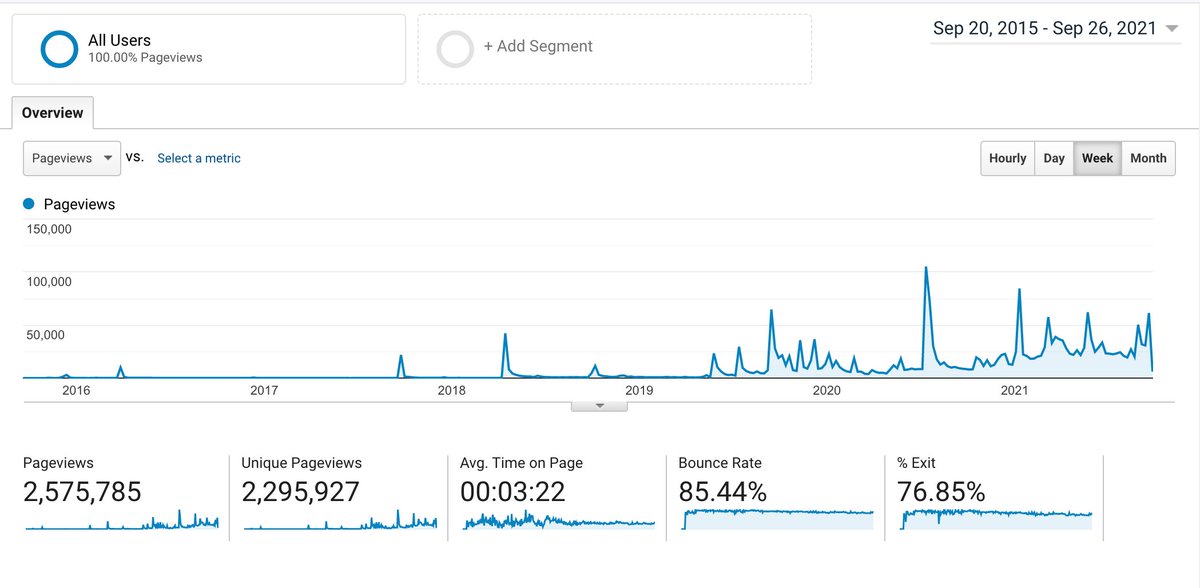
On equity: "Our CEO doesn't believe in awarding equity to employees b/c it creates the wrong types of incentives. People stay hoping for a payday."
I hear you. Companies that obviously did not get this memo include Microsoft, Apple, Amazon, Google, FB, Tesla, Twitter, Slack...
I hear you. Companies that obviously did not get this memo include Microsoft, Apple, Amazon, Google, FB, Tesla, Twitter, Slack...
... not to talk about most of the fastest moving & innovative startups.
What the same C-levels don't like to admit is how they *do* have large amounts of equity, and hoping for a payday is one of the many reasons they also stay.
Aligning company and employee incentives works.
What the same C-levels don't like to admit is how they *do* have large amounts of equity, and hoping for a payday is one of the many reasons they also stay.
Aligning company and employee incentives works.
My writeup on equity in tech: what you need to know and why it's (very) important blog.pragmaticengineer.com/equity-for-sof…
A recent, in-depth book I reviewed and recommend: Equity Compensation for Tech Employees by @mcdickenson gumroad.com/a/276534387/Eg…
A recent, in-depth book I reviewed and recommend: Equity Compensation for Tech Employees by @mcdickenson gumroad.com/a/276534387/Eg…
Let's also add a few the companies in the same camp as this CEO (not allocating equity as it's the wrong incentive):
Basecamp: theverge.com/2021/5/3/22418…
Bunq (Dutch neobank): linkedin.com/posts/gergelyo…
Mailchimp: reddit.com/r/technology/c…
Basecamp: theverge.com/2021/5/3/22418…
Bunq (Dutch neobank): linkedin.com/posts/gergelyo…
Mailchimp: reddit.com/r/technology/c…
• • •
Missing some Tweet in this thread? You can try to
force a refresh







